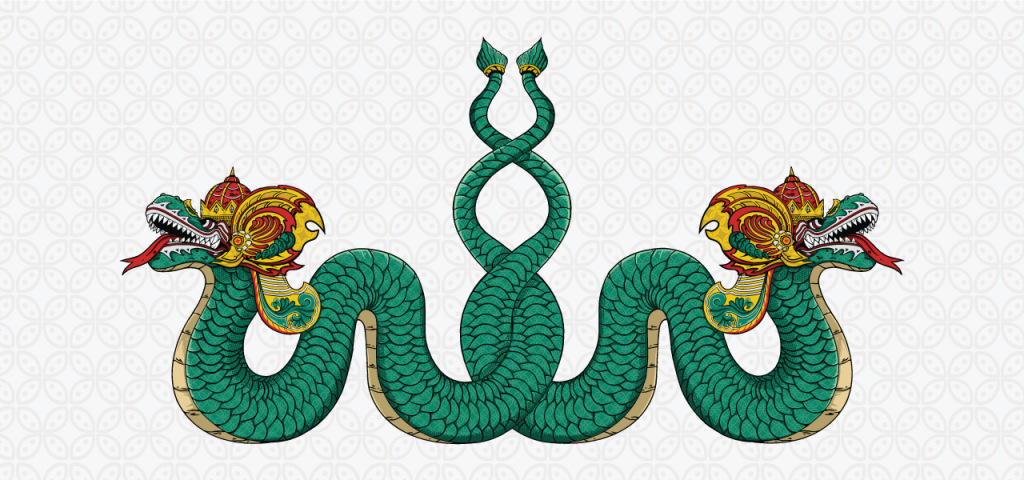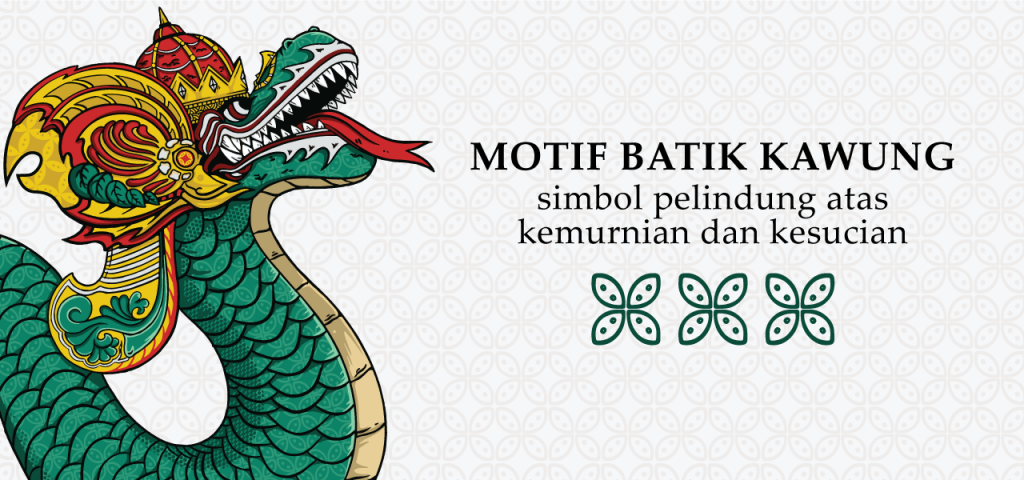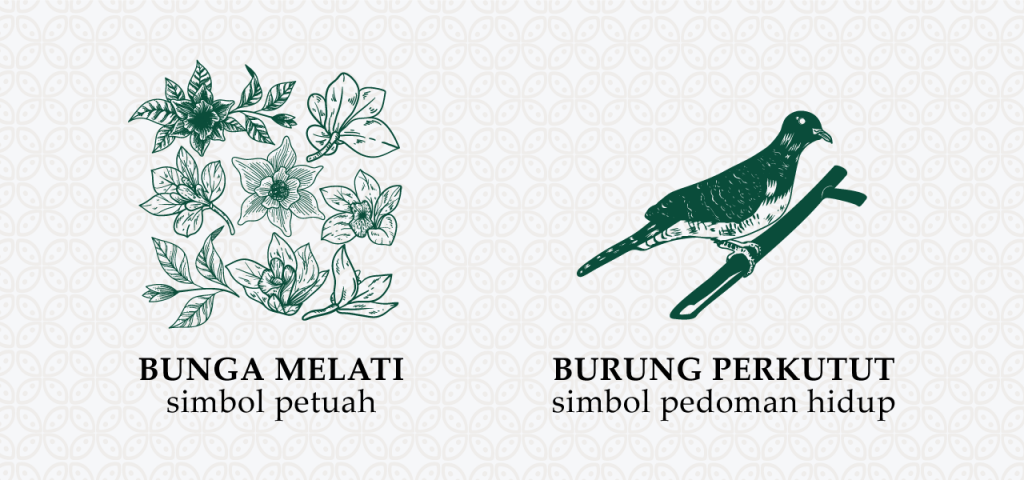Javanese Dragon Philosophy in Bakpiaku Gift Pack
Indonesia is a country rich in diverse tribes, customs, and cultures, making it a fascinating destination for international tourists. This diversity is evident in the various mythological creatures that are deeply intertwined with local traditions.
Bali, for instance, is renowned for its intricate blend of culture and mythology. Figures like Hanuman and Barong are frequently encountered in traditional ceremonies and performances, reflecting the island's strong Hindu beliefs. Similarly, Yogyakarta has its own mythological creature, the naga.
The Philosophy of the Dragon in Javanese Culture
Javanese culture is rich in symbolism, evident in its inscriptions, temples, and palaces. This symbolism reflects the various eras the culture has experienced, from Hindu-Buddhist kingdoms to the Islamic Mataram Kingdom, as seen in Yogyakarta. The naga is a prominent mythological creature found within the palaces of Yogyakarta. In Javanese culture, the naga is believed to be a protective and nurturing being.
The Dragon in the Yogyakarta Palace
The Yogyakarta Palace holds immense historical significance. The presence of the naga within the palace complex is considered a marker of its establishment. Two nagas, facing opposite directions with their tails intertwined, can be found at the Regol Kemagangan gate. This depiction of the naga, known as "Dwi Naga Rasa Tunggal," serves as a chronogram indicating the founding of the Yogyakarta Palace in 1682 Javanese (1756 AD).
Inspired by the authentic and profound values of Indonesian culture, Bakpiaku has created a special gift pack featuring the naga as its central motif. Symbolizing purity and hope, the naga represents a positive message. Here's the philosophy behind the naga featured in Bakpiaku's gift pack:
Dwi Naga Abipraya

Dwi Naga Abipraya is derived from the Javanese term "Dwi Naga Rasa Tunggal," meaning "Two Dragons of Unified Heart," and the Sanskrit word "Abipraya," which signifies "Hope, Goal, and Aspiration.
The term Dwi Naga Abipraya can be interpreted as two dragons sharing the same heart and pursuing a common goal. This symbolizes two strong and resilient beings who, despite having different perspectives (as illustrated by their non-confronting heads), are united in their pursuit of a common objective.
As a symbolic representation of life, the twin dragons embody the Javanese concepts of "tunggal" (unity) and "wani" (courage). Together, these concepts signify the courage to face life's challenges with a united spirit.

The scales of the dragon are adorned with the kawung batik motif, symbolizing protection, purity, and sanctity. The head ornaments, such as the jamang (crown) and sumping (ear adornment), also carry symbolic meanings. In Javanese culture, the crown is associated with royalty and divinity, distinguishing the dragon from ordinary snakes. Therefore, the dragon is considered the king of all serpents, possessing intellect and other extraordinary qualities. It also symbolizes fertility, prosperity, and gratitude to the Supreme Being.
Dwi Naga Abipraya serves as an icon of civilization, preserving the noble values and ethical principles of Javanese people while simultaneously fostering the growth of new civilizations. This aligns with the character of Yogyakarta's people, who are known for their strong sense of community and noble aspirations
Ornament

Jasmine flower
This flower is seen as a symbol of advice. A Javanese proverb states, 'rasa melat saka njero ati,' meaning 'everyone should involve their heart in everything they do.
turtle dove
Since June 1990, the Java Sparrow has been the icon of the Special Region of Yogyakarta. 'Kukila' means 'singing' or 'songbird.' In this context, it refers to the chirping of the Java Sparrow. The word 'manuk' itself consists of 'Ma' (manjing) and 'Nya' (nyawa), meaning 'life.' That's why noblemen in the past often advised their children, 'Aja mung ngoceh, nanging manggunga,' which means, 'Don't just chatter, but sing meaningfully.' In other words, 'When speaking, it must be meaningful and backed up by evidence.'
These are the philosophical values behind each iconic representation found in Bakpiaku's latest special gift pack. Don't forget to complete your Yogyakarta vacation by bringing home the best souvenirs for your loved ones.